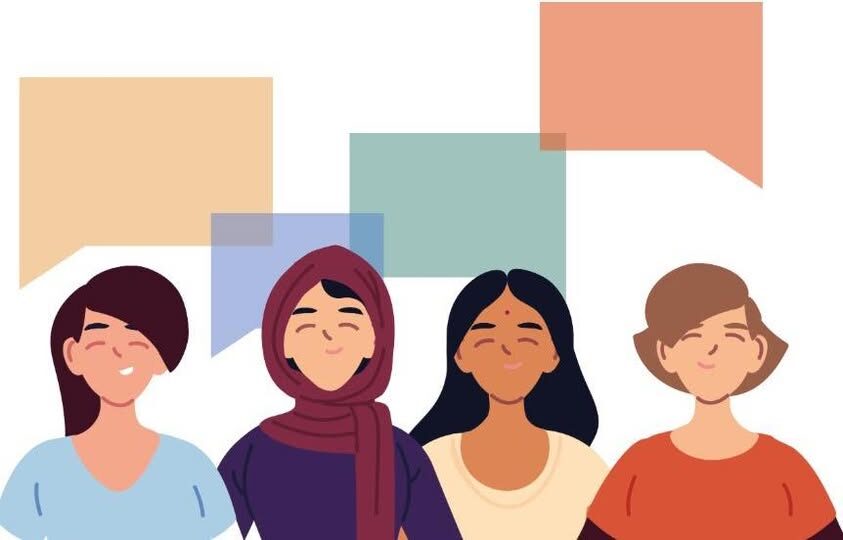Feminist Strive: Equity or Equality?
By: Amb. Fagbemi Joshua Olusegun
Ed. 222
The feminist movement has been a powerful force for social change and a tool for a peaceful society, advocating for the rights and empowerment of women for decades. While the ultimate goal of feminism is to achieve gender justice and equality, there has been ongoing debate within the movement about whether the focus should be on equity or equality. While both concepts are central to feminist discourse, they approach gender justice from slightly different angles. It is pertinent to spotlight the concepts of equity and equality in the context of feminism, shedding light on their similarities, differences, and the ongoing struggle for gender justice. Before delving into the feminist perspective, it’s essential to understand the fundamental differences between equity and equality.
Equality refers to the state of being equal, especially in terms of rights, opportunities, and treatment. In the context of gender, equality would mean that men and women are treated exactly the same way, with no discrimination based on their gender. In simple terms, the goal of these basic rules stipulates that treating everyone equally will lead to fairness. Equity recognises that individuals have different needs and circumstances and involves providing individuals with what they need to reach a level playing field, even if it means treating them differently to achieve the same outcome. In the context of gender, equity acknowledges that historical disadvantages and discrimination may require tailored solutions to address disparities effectively.
Feminism and Equality
The concept of equality has long been a driving force within feminism. Many feminists argue that true gender justice can only be achieved when women are treated on par with men in all aspects of life. This perspective aims to eliminate discriminatory practices, stereotypes, and biases that have historically held women back.
One of the most significant achievements of the feminist movement in pursuit of gender equality has been the fight for legal rights. Over the years, feminists have worked tirelessly to secure equal rights for women in areas such as voting, education, and the workplace, and these efforts have led to several significant legal changes While the pursuit of gender equality remains a core objective of feminism, many experts posit that equity is a necessary complement to achieve true justice. They assert that simply treating men and women equally does not address the underlying systemic inequalities and historical disadvantages that women face. Equity in feminism acknowledges that women have historically been marginalised and disadvantaged in various ways, including unequal pay, limited access to education, and underrepresentation in positions of power. To address these disparities, feminists advocate for policies and practices that provide women with the support and resources needed to level the playing field.For instance, affirmative action programs in education and employment are often seen as a means of promoting equity. These programs aim to address historical discrimination by giving preferential treatment to underrepresented groups, including women, to ensure they have equal access to opportunities.
The Intersection of Equity and Equality
For instance, consider the issue of gender-based violence. Equality in this context would mean treating perpetrators of violence against women the same as perpetrators of violence against men. However, equity recognises that women are disproportionately affected by gender-based violence and may require specialised support services and legal protections. The ongoing strive for gender justice within feminism, therefore, encompasses both equity and equality. It acknowledges that different situations may require different approaches, and the ultimate goal is to create a society where women are not only treated equally but are also empowered to overcome historical disadvantages.
Challenges and Criticisms
The debate between equity and equality within feminism is not without its challenges and criticisms. Some argue that focusing too much on equity can lead to reverse discrimination or create a sense of unfairness among those who do not benefit from affirmative action programs. Additionally, the practical implementation of equity policies can be complex, and critics worry about potential unintended consequences. Striking the right balance between equity and equality is a complex task that requires careful consideration and ongoing evaluation.
In the pursuit of gender justice, feminism grapples with the concepts of equity and equality. While both are essential, they offer different approaches to addressing the historical disadvantages and discrimination that women have faced. Achieving true gender justice requires recognising the unique challenges women encounter and tailoring solutions to address them while simultaneously advocating for equal treatment under the law.
Image Credit: Insure Equality



